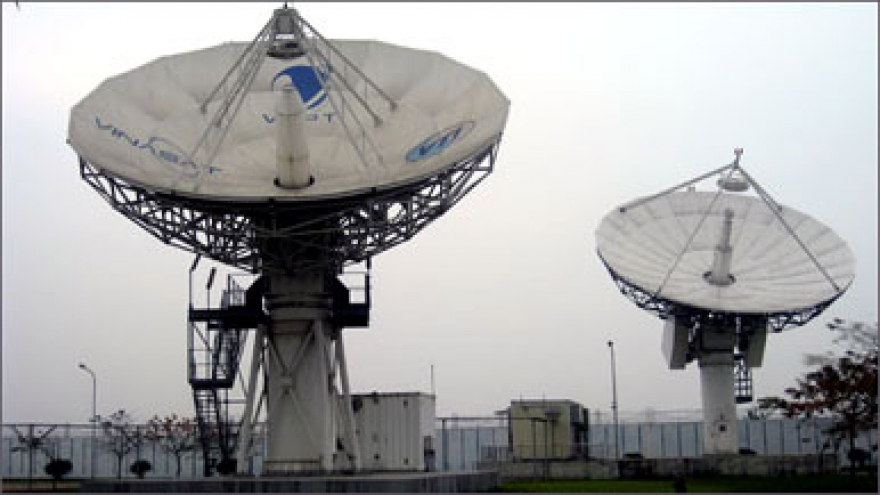Aerospace technology to have stronger role in national development
The Government has set the goal to enhance the role the aerospace technology sector plays in the country’s general development.
 |
| Researchers of Vietnam National Satellite Center (VNSC) and the MicroDragon, the first 50-kg satellite developed by VNSC, a member of theVietnam Academy of Science and Technology. (Source: vnsc.org.vn) |
Associate Prof. Dr. Pham Anh Tuan, Director of the VNSC, said besides building infrastructure and facilities as well as training personnel for the space centre, the VNSC has been involved in satellite development technology transfer. The VNSC scientists have successfully manufactured a micro satellite - the Pico Dragon, marking the first step forward in the centre’s satellite making plan.
The VNSC plans to launch the first 50-kg satellite developed by Vietnamese engineers, the Micro Dragon, in 2018.
The centre now has 117 members of staff, many of whom graduated from prestigious Japanese universities including the Tokyo University, Keio University and Kyushu Technology Institute.
According to the space technology sector’s development roadmap, the facilities for the Space Centre in Hoa Lac Hi-Tech Park will be completed as of 2018, while a Centre for Space Technology Application in Ho Chi Minh City should be set up in 2020. In addition, the Nha Trang observatory in the south central province of Khanh Hoa is slated to be completed in 2017.
By 2021, the country’s aerospace industry should master the technologies to manufacture small Earth observation satellites and become able to manufacture satellites by 2025.By 2030, the industry will be able to design some parts of a satellite and begin studies of carrier rockets, with the hope of mastering carrier rocket technology and begin building rocket launch platform by 2040 towards the goal of launching Earth observation satellites by locally-made rockets.
Tuan said the centre will send 51 engineers to Japan to take part in designing and manufacturing satellites, and 32 others to be trained on the application of aerospace technology.
The VNSC is applying to host the International Aerospace Congress, the world aerospace industry’s largest and most important event, Tuan said.

